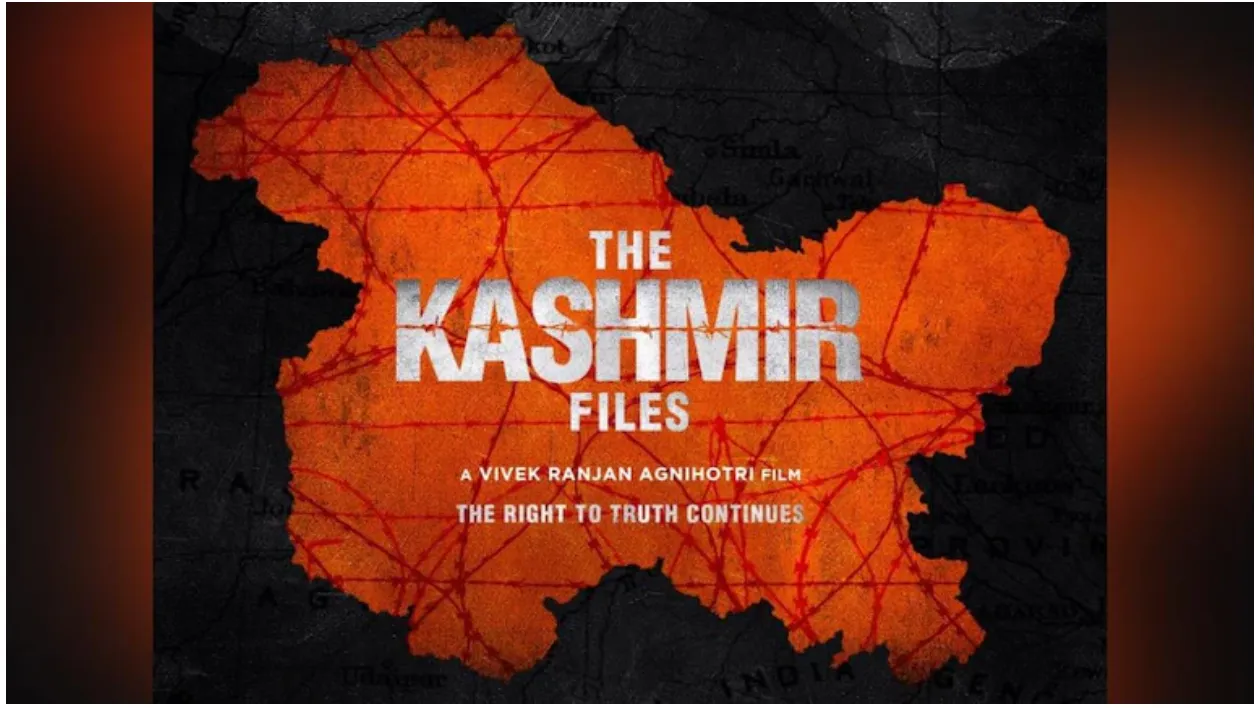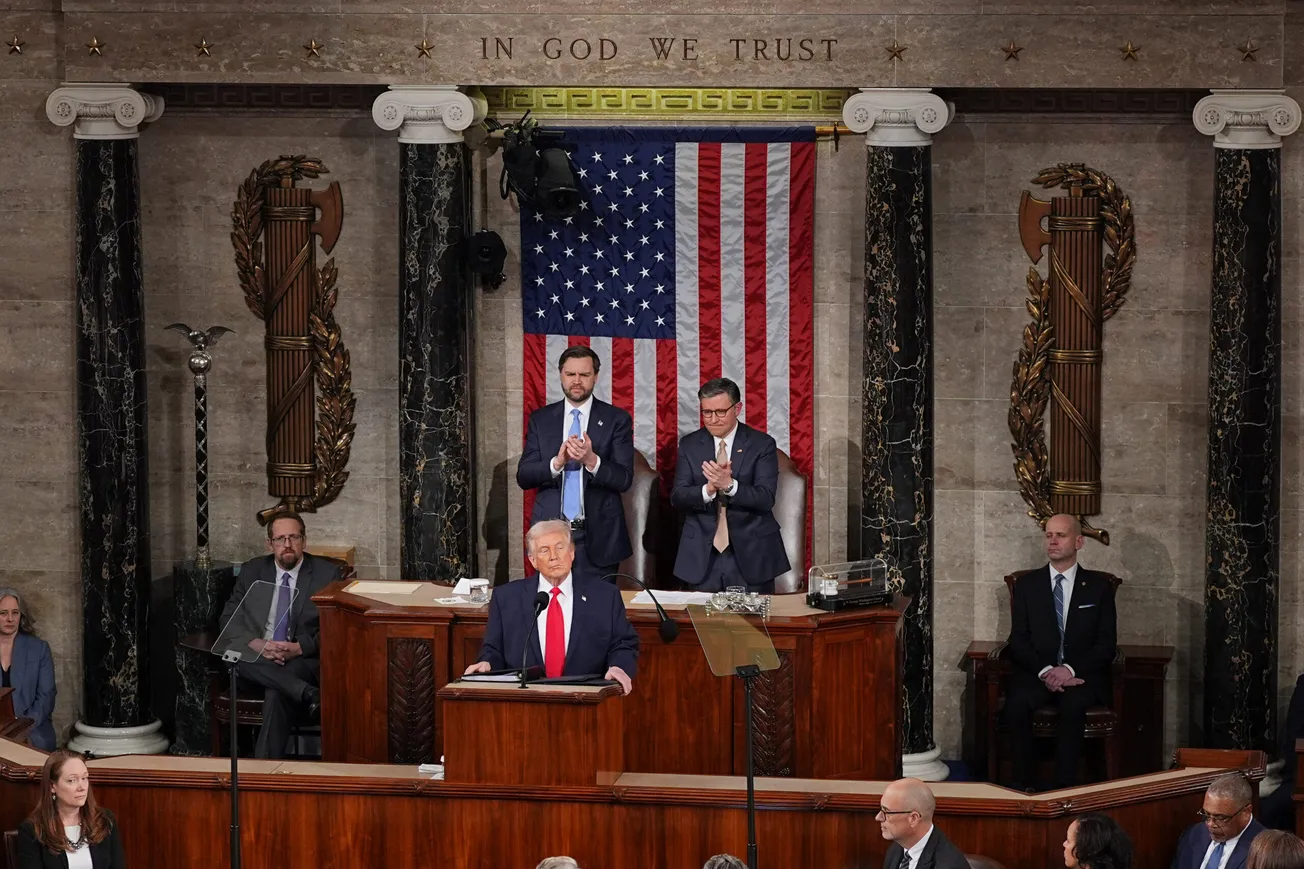Table of Contents
While the plight of Uighurs and Ukrainians refugees dominates Western headlines, the persecution of Hindus in Kashmir rarely gets attention from policymakers in the United States.
Between 1989 and 1991, over 95% of the Kashmir Valley’s Hindu population (generally referred to as “Kashmiri Pandits”) faced a campaign of ethnic cleansing perpetrated by an Islamist extremist group called the Jammu-Kashmir Liberation Front (JKLF). Over 100,000 Kashmiri Pandits were forced to leave Kashmir, and hundreds were killed by JKLF terrorists. Today, thousands of Pandits continue to live as displaced refugees in their own country.
The Kashmir Files, directed by Vivek Agnihotri, depicts the plight of the Kashmiri Pandits in chilling detail. The movie traces the story of Pushkar Nath Pandit, a Hindu teacher from the Kashmir Valley who tries to escape the region with his family to avoid persecution by the JKLF. After Nath’s son is murdered by an Islamic terrorist, he and the rest of his family attempt to flee Kashmir. As they leave, they witness mass killings, rape, pillaging, and various other horrors against Hindus perpetrated by Islamic extremists.
The film was immediately deemed anti-Muslim propaganda by left-wing critics who claim that the movie calls for violence against Muslims and reinforces Hindu nationalist ideals. In reality, The Kashmir Files is a carefully-researched film based on over 700 victim interviews, 5,000 hours of research, and 15,000 pages of historical documents. Why was the media so quick to dismiss The Kashmir Files as a genocide-inspiring piece of propaganda?
Despite India’s Hindu-majority population (80%), the media is surprisingly reluctant to cover the ethnic cleansing of Hindus, even today. If you were to read leading Indian publications or even American outlets such as The New York Times or Washington Post, you would find that most of the media’s coverage of Kashmir centers around purported abuses by the Indian government against Muslims. But the media largely refuses to cover the horrors experienced by Hindu refugees forced to flee their ancestral homeland.
When individuals try to expose the reality of Hindu ethnic cleansing in Kashmir, they are classified as Islamophobes. For example, Rajiv Pandit, a surgeon and board member of the Hindu-American Foundation, responded to The Kashmir Files on Twitter by calling for the terrorists responsible to be held accountable. This is a natural response from someone who is a Kashmiri Hindu himself and whose own family members were killed and faced ethnic cleansing. However, Pandit’s words were immediately misquoted and he was falsely accused of calling for a genocide against Muslims.
This is why The Kashmir Files is such an important work of art. For the first time, moviegoers can witness the true extent of human rights violations and horrifying crimes committed against Hindus in Kashmir. Though the movie focuses on events from the 1980s and 1990s, Hindus have long been the victims of ethnic cleansing campaigns dating back to the Mughal Empire. Holy sites were destroyed and Hindus were killed or forcibly converted.
It is clear why The Kashmir Files matters to Hindus and Hindu-Americans, but the movie is just as relevant for non-Hindus. After watching The Kashmir Files, we immediately thought that the experience of Hindus in Kashmir bears similarity to the Israeli experience. The Jewish population in Israel is under constant threat of Islamic terrorism, and like the Indian government, the Israeli government is accused of Islamophobia and apartheid when they take steps to defend the safety and security of their citizens.
The Kashmir Files must inspire collective action: we encourage Stanford students and faculty to read about and watch the film (with English subtitles if necessary). We also hope that the movie inspires governments around the world to finally recognize the violence committed against Kashmiri Hindus and take steps to sanction those who were involved. Ohio’s State Senate issued a special citation that recognized The Kashmir Files for documenting the Hindu exodus from Kashmir. The British Parliament has already invited the movie’s director to brief them, and Congress should do the same.
Universities such as Stanford should allocate more resources to studying acts of ethnic cleansing against Hindus, and the Hindu community in the United States should pursue advocacy to inform Americans about Hindu persecution. The Kashmir Files is a call to action for governments and individuals around the world to act to ensure that perpetrators of violence against Hindus are held accountable. Kashmir should be a place where Hinduism can flourish, not a graveyard for generations of Hindus whose only crime was practicing their faith.





